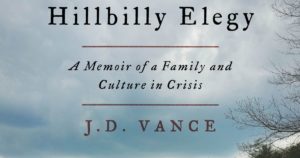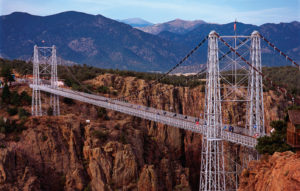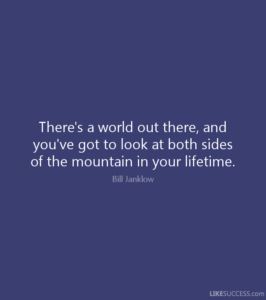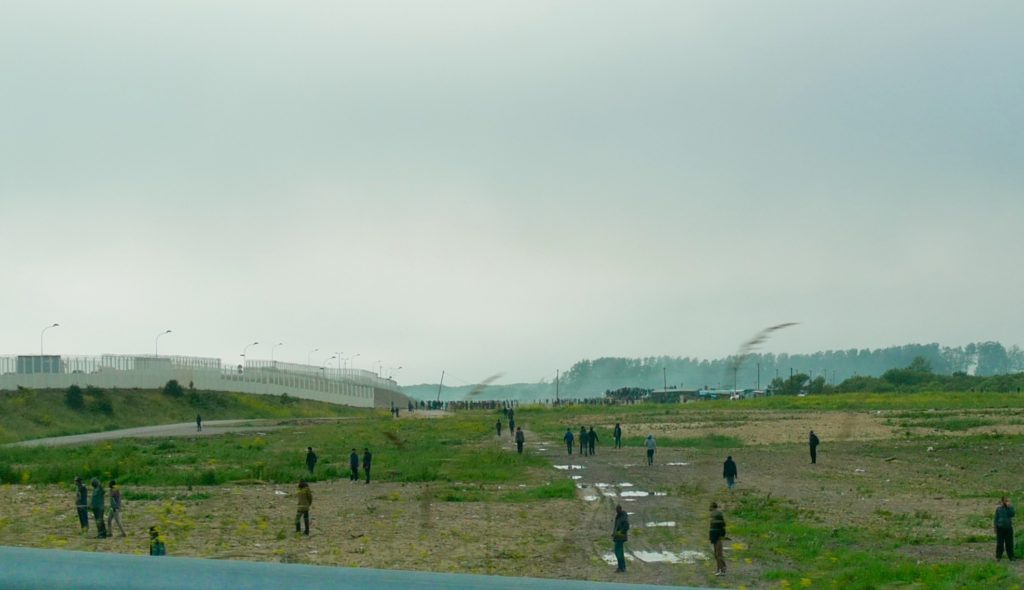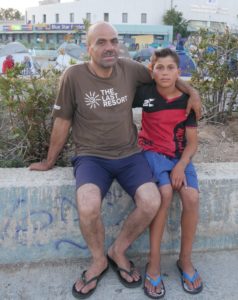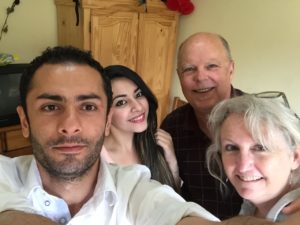My wife and I took a brief road trip last weekend. I like road trips except for one thing: I get so sleepy behind the wheel. Enter the audio book. This time we chose a book that had been mentioned by a good friend. Don't Let's Go to the Dogs Tonight takes place in Southern Rhodesia during the time the nation becomes Zimbabwe. Since Becky and I spent two months in Zimbabwe just five years after the war of independence, we were immediately taken back to those life-shaping experiences as we listened. This enabled us to stick with what others might find a bit of a sleepy read.
Author Alexandra Fuller recounts with an incisive style a childhood reminiscent of the American West, where tough, white pioneers make a life for themselves amid punishing conditions in a tumultuous time and no shortage of adversaries. Hers wasn't an easy childhood. But one thing jumped out at both Becky and me at the same time: when Alexandra left Africa for England for the first time, she realized there were certain things she couldn't know about Zimbabwe until she left. So true.
There are things you can't know about your home country until you leave it.
In my case:
You can't know people in the South really are friendly, for the most part, until you've lived somewhere else. (A friend from New Jersey pointed this out to me.)
You can't know there is more than one way to do things, like flush a toilet. Or dry your clothes.
You can't know everyone doesn't have a choice of 78 breakfast cereals at the supermarket.
You can't know that you live in a country where way too much is taken for granted, as if we deserved everything we have.
You can't know that, in spite of all the pettiness, the infantile political wrangling and the frenzied climate, we still have a system that has been one of the most spectacular success stories in history...
You can't know you live in a place the world envies, and marvels at, and sometimes shakes it head at, but pays attention to ...
...until you've left.
Then you come back and everything is the same -- except the way you see it.







